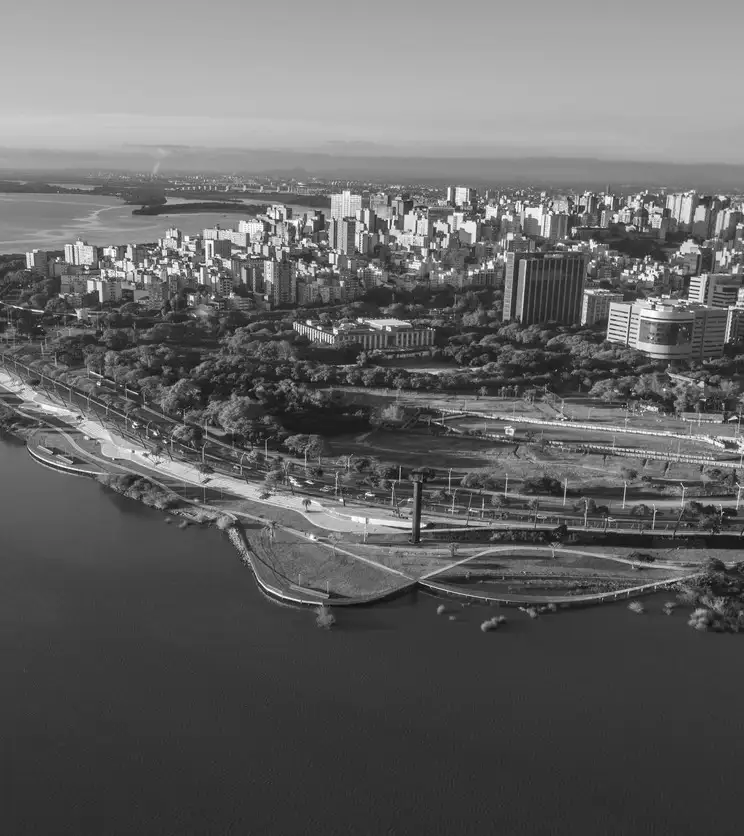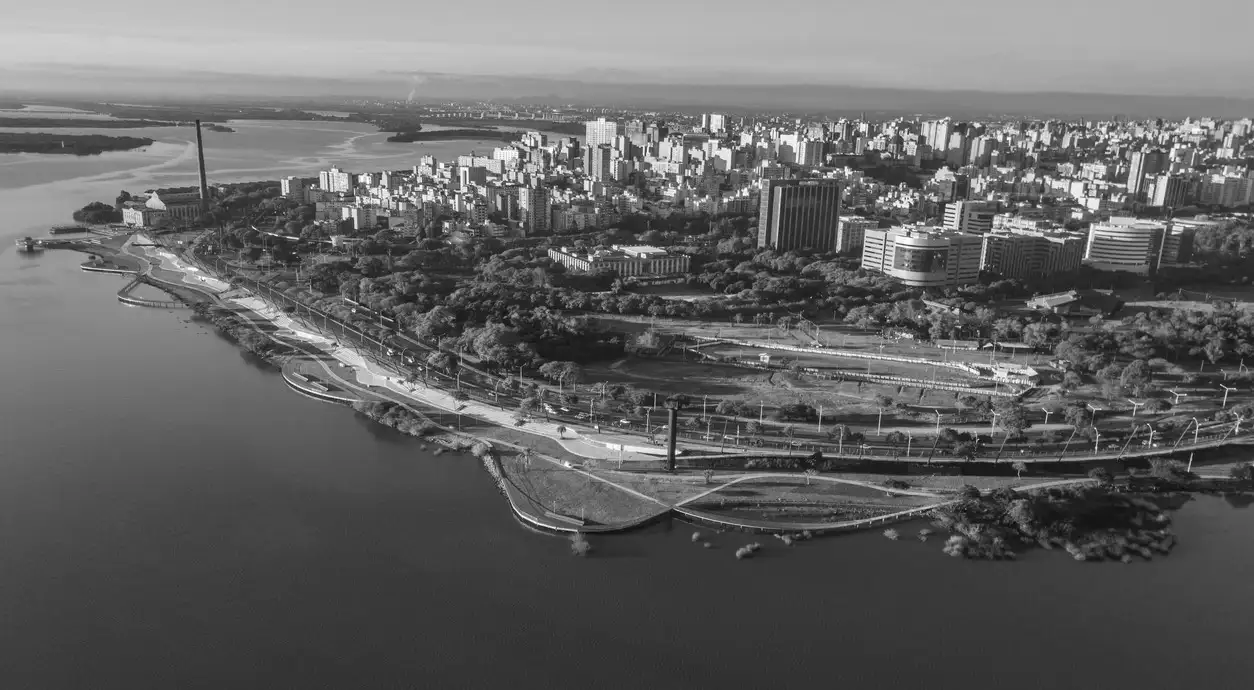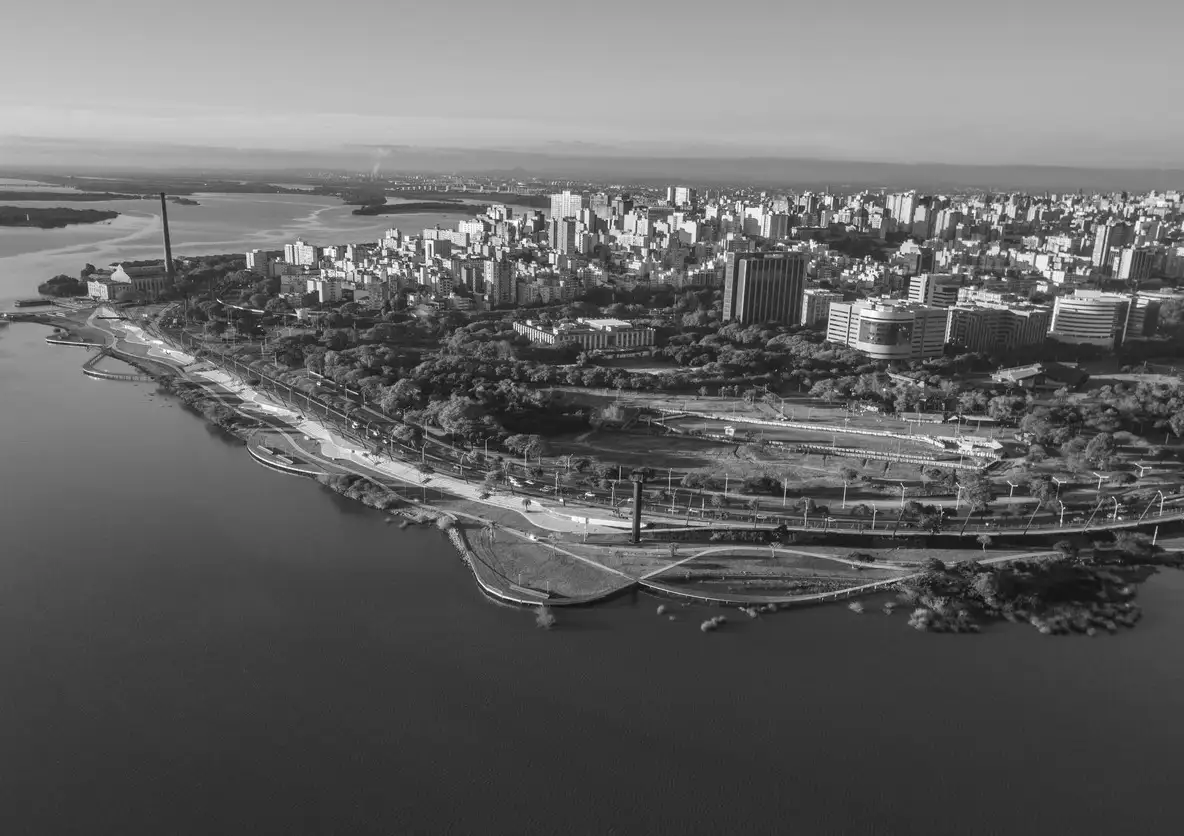Porto Alegre, Brazil



Participatory budgeting was made famous by the city of Porto Alegre in Brazil, which began making extensive use of the process from the late 1980s. It is widely considered to be the most successful use of participatory budgeting anywhere in the world, with 17,200 citizens involved at its peak in 2002, having distributed around $160 million of public money.
Budgeting happens annually, beginning with the presentation of accounts from the previous year. The Government also presents its plan for the current year, which had been decided at the meetings from the year before. Participatory budgeting in Porto Alegre involves three streams of meetings:
- neighbourhood assemblies
- thematic assemblies
- meetings of delegates for citywide coordinating sessions (the Council of the Participatory Budget).
The neighbourhood assemblies discuss the funding allocations for the 16 districts of the city for the city government's responsibilities including schools, water supply, and sewage. The meetings are divided into 16 ‘Great Assemblies', held in public spaces such as churches and union centres across the city, open to all. These debates decide the criteria for which the budget is allocated in the districts – for example, whether it is by population, an index of poverty, or a measure of shortages.
At the end of the deliberations, each of the 16 districts provides two sets of rankings. One for things that affect the district specifically, such as the building of schools or sewers; and another for things that affect the entire city, such as transport or beach cleaning. They also elect delegates who proceed to the Council of the Participatory Budget (COP) with the districts' suggestions.
The role of the COP is to refine and apply the budget rules developed by the neighbourhood and thematic assemblies and put forward by the government administration beforehand. At this point, elected councillors can accept or reject the budget, but in reality have a fairly limited role.
In their overview, the English Local Government Association describes the process as an enormous success, bringing those usually excluded from the political process into the heart of decision making and significantly increasing the power and influence of civil society as well as improving local people's lives through the more effective allocation of resources.